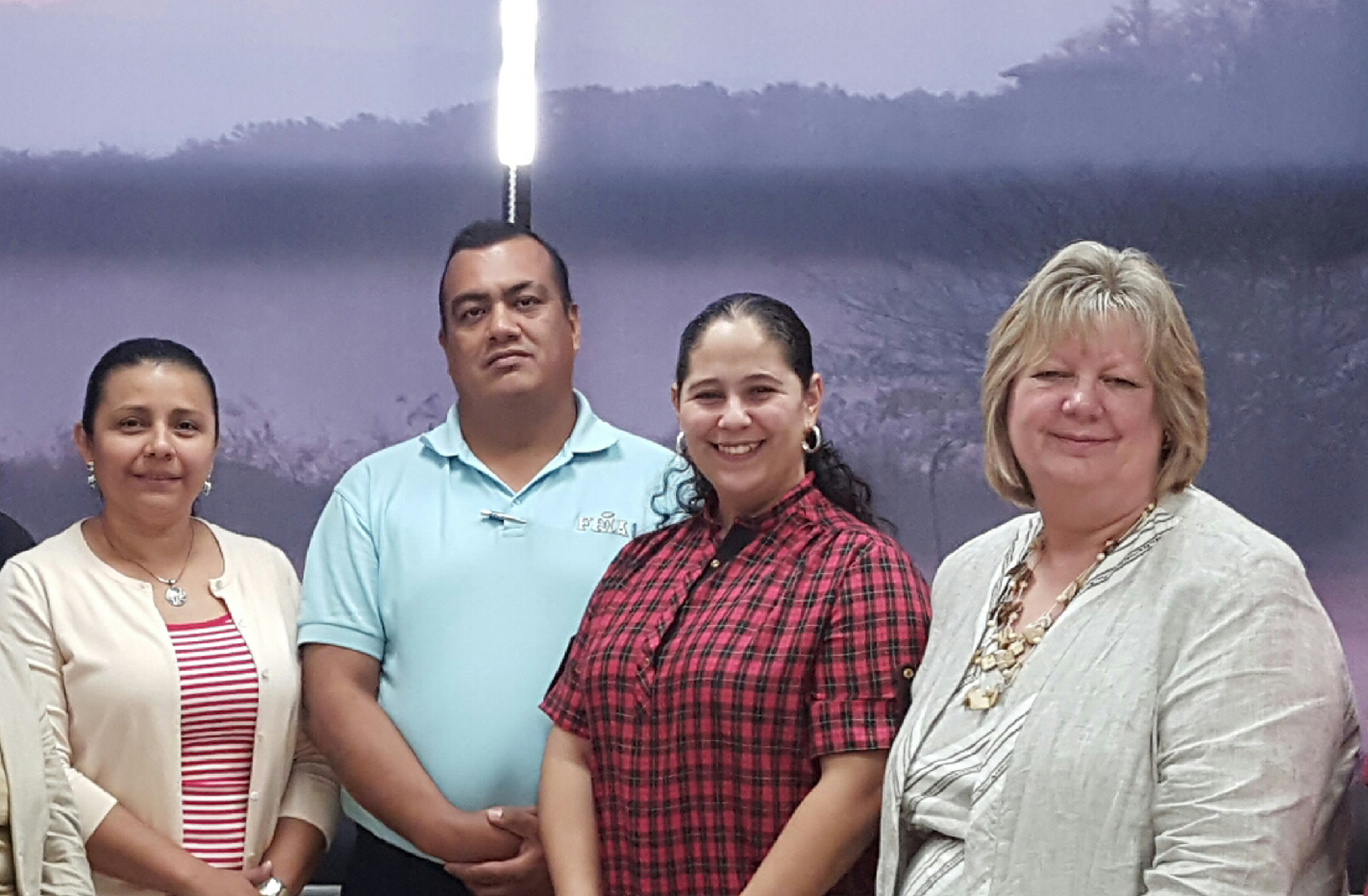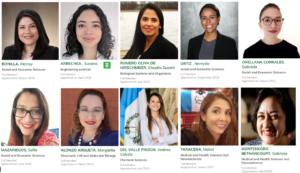
How publishers can support consortia through collaboration
INASP Associate Dianne Miles has worked with a range of publishers and library consortia for many years. In this post, she recommends some ways that publishers and consortia can build mutually beneficial collaborations
Research libraries and publishers share common goals in supporting research and development through the provision of literature. However, they sometimes approach those goals from different perspectives. Libraries have the main priority of improving access to research. Publishers, while also focused on supporting research, need to ensure sustainable sales and a growing customer base.
Purchasing subscriptions as a library consortium can enable both goals to be met because consortia cover a greater number and range of institutions than would be possible on an institution by institution basis. Consortia can also pool their resources – time, skills and budget – to collectively negotiate and purchase resources that would otherwise be unattainable.
Before I retired, I worked for many years in publishing sales with a variety of publishers, both commercial and not-for-profit, in a number of different countries. I have worked with many and varied consortia and I learned a great deal from this experience. While working in Latin America I observed conditions that were particularly challenging for institutions seeking to provide e-resources for their users.
From my experiences, there are some key things for publishers to consider for mutually beneficial collaborations:
- Local ownership is important. INASP encourages publishers to respect a country’s wish to negotiate as a consortium or purchasing club as a key element of the principles of responsible business engagement for publishers. In July 2016, following on from discussions at the June Publishers for Development meeting in Oxford, Jon Harle wrote about the fundamental concept of local ownership in the work that INASP undertakes. One case is supporting the growth of developing-country library consortia, as they progress to dealing directly with publishers on commercial terms.
- Publishers should seek to understand how a consortium works, what it is trying to achieve and what particular difficulties it faces. It can also be helpful to ask about changes in the operating environment such as new legislation or authorisation requirements which are being introduced and the anticipated impact of any such changes. New requirements may mean new opportunities.
- Long-term relationships between publishers and consortia should be built on the basis of trust and good communication through active listening.
- Publishers should be prepared to invest time and energy if they are potentially interested in doing business with a consortium, recognizing that might be for the longer term. If consortia are not interested now or not yet able to commit, always leave the door open for the future.
- Publishers should actively engage with the consortium and be prepared to offer experience, skills and resources where appropriate. This might be, for example, in arranging trials, promotional support or assistance with training.
- It is important to prepare for the consortium’s needs and characteristics and be ready to answer legitimate questions. As part of this, publishers should ask for the information they need from the consortium and learn as much as possible about their situation and aspirations.
- It is useful to talk about experiences elsewhere with other consortia and offer ideas that might help their consortium. Publishers should be open to how different models and ideas might work for them, willing to listen to consortia’s ideas and proposals and come back with appropriate counter proposals.
- Collaboration between publishers and consortia can help in advocating for additional funding. This could be through, for example, arranging joint visits or suggesting consortia might convene an informational meeting with publisher support. Publishers might have a budget available for this type of meeting.
- Working together and alongside the consortium can assist their aims. However, publishers should not try to take shortcuts or bypass the consortium (for example, advocating to government for funding without involving the consortium) for what might be perceived as a short-term gain as this is likely to be counterproductive in the longer term and lead to distrust.
- Negotiation and cooperation can help in achieving sustainable long-term solutions to consortial information needs that are mutually beneficial.
I have found that various combinations of these approaches have been successful. Along with consortia, I have been able to:
- Creatively adapt the subscription model to more closely meet the consortium’s situation and financial resources.
- Introduce a long-term institutional customer who was facing financial difficulties to a specialized mixed consortium. This led to reduced costs for the original customer and growth of the consortium, leading to increased business overall for the publisher.
- Develop a collaborative campaign with an existing consortium customer to achieve new funding for additional resources by running and reporting on a monitored and evaluated trial, identifying champions to lobby for funding.
Working together and building trust and understanding will enable library consortia and publishers to meet their common goals in supporting research, and thus contribute to national development.

 Previous Post
Previous Post Next Post
Next Post


